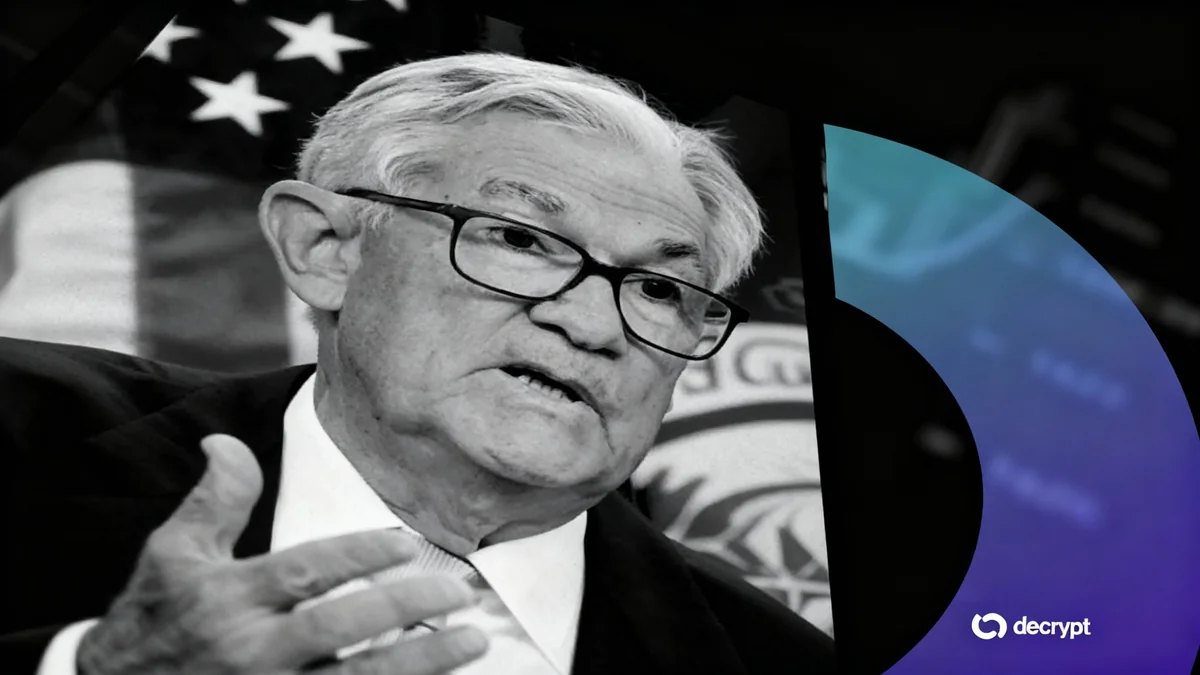Several major asset management firms have submitted updated regulatory filings for Solana exchange-traded funds (ETFs) that include staking features, prompting one analyst to predict a potential approval from the U.S. Securities and Exchange Commission (SEC) within the next two weeks.
The filings from seven prominent companies signal growing institutional interest in offering regulated investment products tied to digital assets beyond Bitcoin and Ethereum. If approved, these ETFs would provide investors with exposure to Solana's price movements and potential returns from network staking.
Key Takeaways
- Seven asset managers, including Franklin Templeton and Fidelity, filed amended S-1 documents for spot Solana ETFs.
- ETF analyst Nate Geraci forecasts a potential SEC approval for these products within two weeks.
- The inclusion of staking in the filings is seen as a positive indicator for future Ethereum ETFs.
- The move follows significant investor interest in existing Solana investment products in the U.S. and Europe.
Major Financial Firms File for Solana ETFs
A wave of updated applications for spot Solana (SOL) ETFs was submitted to the SEC on Friday. The list of firms includes some of the largest names in asset management: Franklin Templeton, Fidelity Investments, CoinShares, Bitwise Asset Management, Grayscale Investments, VanEck, and Canary Capital.
These companies filed amended S-1 documents, which are required registration statements that provide regulators and potential investors with detailed information about a company's financial health, risk factors, and the securities being offered.
What is an S-1 Filing?
An S-1 is the initial registration form required by the U.S. Securities and Exchange Commission for new securities to be offered to the public. It provides a comprehensive overview of the company's business operations and financial condition, allowing investors to make informed decisions.
The coordinated filings indicate a concerted push by the industry to bring a spot Solana ETF to the U.S. market, expanding the range of regulated cryptocurrency investment vehicles available to the public.
Analyst Predicts Rapid Approval Timeline
Following the flurry of filings, ETF analyst Nate Geraci suggested that a regulatory decision could come quickly. Geraci, who serves as the president of NovaDius Wealth Management, shared his outlook in a social media post.
“Guessing these are approved [within the] next two weeks,” Geraci stated, adding that recent market developments could make for a significant month. “Get ready for October.”
Geraci’s forecast is based on the detailed nature of the amended filings and the ongoing dialogue between asset managers and the SEC. A two-week approval window would place the decision in mid-October, marking a significant milestone for digital asset investment products in the United States.
This development follows other recent events in the crypto ETF space, including the first filing for a Hyperliquid (HYPE) ETF and the SEC's approval of generic listing standards for cryptocurrency ETFs, which could streamline future applications.
Staking Feature Signals Broader Industry Shift
A key detail in the recent Solana ETF filings is the inclusion of staking. Staking allows holders of a cryptocurrency to participate in network operations, such as validating transactions, in exchange for rewards. Including this feature would allow the ETFs to generate yield for investors, in addition to tracking the price of SOL.
Geraci noted that this development has positive implications for other digital asset products. The inclusion of staking in Solana filings “bodes well for spot ETH ETF staking,” he commented. U.S. issuers of spot Ethereum ETFs are currently awaiting SEC permission to add staking to their own products after submitting requests earlier this year.
Market Impact of Staking
Markus Thielen, head of research at 10x Research, has previously stated that adding staking to Ethereum ETFs could significantly increase their appeal to investors by providing an additional source of returns, potentially reshaping the market for these products.
The ability to offer staking could make these ETFs more attractive compared to products that only offer price exposure, as the yield can offset management fees and provide a steady income stream for shareholders.
Growing Investor Demand for Solana Products
The push for a U.S. spot Solana ETF comes amid clear evidence of strong investor interest. In Europe, the Bitwise Solana staking ETP (exchange-traded product) recorded $60 million in inflows over just five trading days, according to a post from Bitwise Invest chief investment officer Hunter Horsley. “Solana on people’s minds,” Horsley remarked.
In the U.S., the first Solana-linked ETF, the REX-Osprey Solana Staking ETF, launched just over two months ago. On its first day of trading on the Cboe BZX Exchange, it saw:
- $33 million in trading volume
- $12 million in net inflows
This existing demand suggests a receptive market for the new spot ETFs if they receive regulatory approval. Investment firm Pantera Capital recently highlighted Solana's potential, calling it the “next in line for its institutional moment” due to its relative under-allocation in institutional portfolios compared to Bitcoin and Ether.
Some market analysts, including those from Bitfinex, believe that the approval of more crypto ETFs beyond Bitcoin is a necessary catalyst for a broader rally in the altcoin market. Such products would give investors regulated and accessible ways to gain exposure to assets further down the risk curve.





